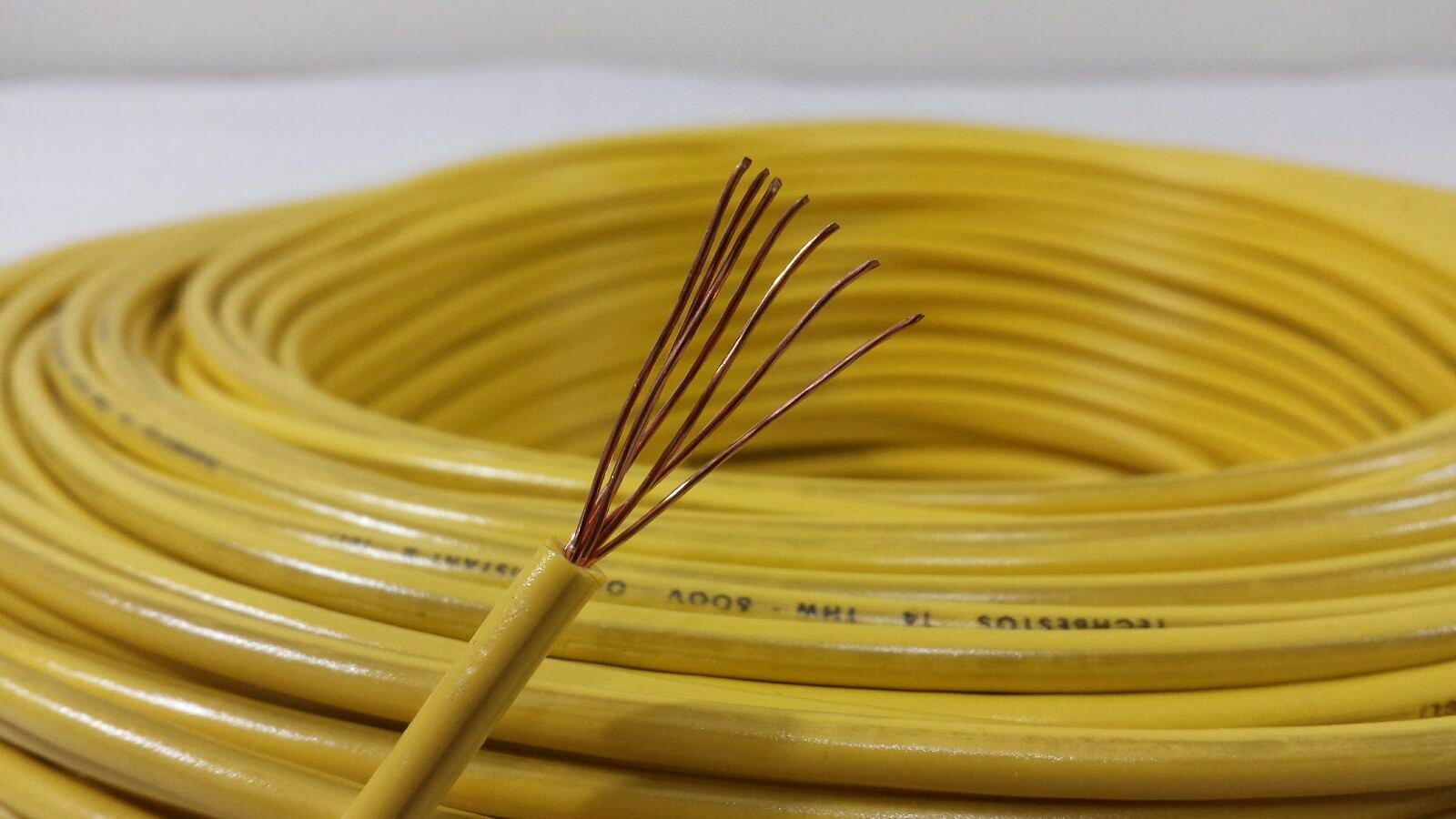

Articles
How Much Is Copper Electrical Wire Worth
Modified: May 6, 2024
Find out the value of copper electrical wire in this informative article. Discover how much your old wires can be worth and where to sell them.
(Many of the links in this article redirect to a specific reviewed product. Your purchase of these products through affiliate links helps to generate commission for Storables.com, at no extra cost. Learn more)
Introduction
Welcome to our comprehensive guide on understanding the worth of copper electrical wire. Copper wire has long been valued for its conductivity and versatility, making it a popular choice in various electrical applications. But have you ever wondered how much copper electrical wire is actually worth? In this article, we will delve into the factors that affect the value of copper wire and explore the current market price trends.
Before we begin, it’s important to have a basic understanding of copper electrical wire. Copper wire is commonly used in electrical systems due to its excellent electrical conductivity. It is widely used in the construction of power transmission lines, electrical appliances, motors, and other electrical devices. The demand for copper wire stems from its ability to efficiently carry electricity and withstand high temperatures.
The value of copper electrical wire is determined by various factors, including the current market price of copper, the quality and condition of the wire, and the quantity being sold. Additionally, the classification of copper wire also plays a role in determining its worth. Understanding these factors will help you gauge the potential value of your copper wire.
Market prices for copper can be volatile, as they are influenced by global supply and demand dynamics, geopolitical factors, and economic conditions. It’s crucial to stay updated on the current trends to make informed decisions when selling or purchasing copper wire.
In the following sections, we will delve deeper into each of these factors, providing you with a comprehensive understanding of how much your copper electrical wire is worth and how to determine its value in the current market.
Key Takeaways:
- Understanding the factors that influence the value of copper electrical wire, such as market price, wire classification, and quantity, is crucial for accurately assessing its worth and making informed buying or selling decisions in the dynamic copper market.
- Staying informed about current trends in copper wire prices, including supply and demand dynamics, economic conditions, and geopolitical events, is essential for maximizing the potential value of copper wire transactions and navigating market fluctuations.
Read more: What Kind Of Copper Is Electrical Wire
Understanding Copper Electrical Wire
Copper electrical wire is widely used in electrical systems due to its excellent conductivity and resistance to heat. The use of copper in electrical wiring dates back to the late 19th century when it replaced less-efficient materials like aluminum and iron. Today, copper wire is the preferred choice for residential, commercial, and industrial electrical applications.
One of the key reasons copper is used in electrical wiring is its superior electrical conductivity. Copper is an excellent conductor of electricity, meaning it allows the flow of electrical current with minimal resistance. This property makes copper wire highly efficient in transmitting electricity from a power source to various electrical devices.
In addition to its conductivity, copper wire is also known for its resistance to heat. Copper has a high melting point, which enables it to withstand the heat generated by electrical currents. This makes copper wire a safe and durable choice for electrical installations.
Copper wire comes in different gauges, which refer to the thickness or diameter of the wire. Thicker gauge wires have lower electrical resistance and are capable of carrying higher currents. Thinner gauge wires, on the other hand, have higher resistance and are used for lighter applications.
Another important aspect to consider when understanding copper electrical wire is its insulation. Copper wires are typically coated with an insulating material to protect against electrical shock and to prevent the wires from coming into contact with each other or other conductive materials. Common insulation materials include PVC (polyvinyl chloride) and rubber.
When it comes to identifying copper wire, there are a few common characteristics to look out for. Copper wire is generally reddish-brown in color and has a distinct metallic appearance. It is also relatively malleable, meaning it can be bent and shaped without breaking. These visual and physical characteristics can help differentiate copper wire from other types of electrical wiring.
Understanding the properties and characteristics of copper electrical wire is essential in determining its value. In the next section, we will explore the various factors that affect the worth of copper wire.
Factors Affecting the Value of Copper Electrical Wire
Several factors influence the value of copper electrical wire in the market. It is important to take these factors into consideration when determining the worth of your copper wire.
- Market Price of Copper: The current market price of copper is a significant factor in determining the value of copper electrical wire. Copper prices are influenced by supply and demand dynamics, economic conditions, and geopolitical factors. Tracking the market price of copper is crucial as it can fluctuate on a daily basis.
- Wire Quality and Condition: The quality and condition of the copper wire can affect its value. Higher quality wire, which is free from impurities and has good conductivity, is typically more valuable. Additionally, the condition of the wire, such as its physical integrity and insulation, can influence its worth.
- Wire Gauge: The gauge or thickness of the copper wire plays a role in determining its value. Thicker gauge wire generally has lower electrical resistance and can carry higher currents, making it more valuable compared to thinner gauge wire.
- Quantity of Wire: The quantity of copper wire being sold can impact its value. Larger quantities of wire may be subject to bulk pricing or discounted rates, while smaller quantities may command a premium.
- Location: The location where the copper wire is being bought or sold can also influence its value. Factors such as transportation costs, accessibility to copper markets, and regional demand can affect pricing.
- Purity of Copper: The purity of the copper in the wire is another crucial factor. Higher purity levels are generally more desirable and can command higher prices. Copper wire is typically classified into different grades based on purity, such as bare bright copper, #1 copper, and #2 copper.
It is important to note that these factors can vary depending on the buyer and their specific requirements. Some buyers may be more stringent in their quality expectations, while others may prioritize quantity over purity.
Understanding these factors and their impact on the value of copper electrical wire is essential when selling or purchasing wire. By considering these aspects, you can accurately assess the worth of your copper wire and make informed decisions in the market.
Market Price of Copper
The market price of copper is a crucial factor in determining the value of copper electrical wire. Copper prices are influenced by various factors, including global supply and demand dynamics, economic conditions, and geopolitical factors.
As a commodity, copper is traded on various international commodities exchanges, such as the London Metal Exchange (LME) and the New York Mercantile Exchange (NYMEX). These exchanges facilitate the buying and selling of copper futures contracts, which essentially allow investors and traders to speculate on the future price of copper.
The price of copper can be volatile, with significant fluctuations occurring over short periods. This volatility is primarily driven by changes in supply and demand. Factors that affect the supply of copper include mining activities, production levels, and geopolitical events that can disrupt mining operations or restrict exports. On the demand side, factors such as economic growth, construction activity, and technological advancements in industries like electronics and renewable energy can drive up the demand for copper.
Economic conditions also play a significant role in determining copper prices. During periods of economic growth, the demand for copper tends to increase as it is widely used in construction, infrastructure development, and manufacturing. Conversely, during economic downturns or recessions, the demand for copper may decline, leading to lower prices.
Geopolitical factors also impact copper prices. Any political unrest, trade disputes, or regulatory changes in major copper-producing countries can disrupt supply chains and affect copper prices. For example, changes in mining regulations or export tariffs can impact the availability and cost of copper in the global market.
It’s important to stay updated on current copper price trends to assess the value of copper electrical wire accurately. Various financial news outlets and websites report copper prices on a regular basis. Additionally, consulting with experts in the field or working with reputable buyers can provide insights into the prevailing copper prices.
When selling or purchasing copper electrical wire, it’s essential to consider the market price of copper. Understanding the current price trends can help you negotiate a fair price and make informed decisions regarding your copper wire transactions.
When selling copper electrical wire, it’s important to know the current market price for copper. You can check the price at local scrap yards or online resources to ensure you get the best value for your wire.
How Copper Electrical Wire is Classified
Copper electrical wire is classified based on its purity level and other characteristics. These classifications help determine the value and appropriate applications for different types of copper wire. Here are the common classifications:
- Bare Bright Copper: This is the highest grade of copper wire. It is highly sought after due to its high purity and absence of any insulation or other impurities. Bare bright copper wire is typically shiny and reddish in color. It is the most valuable type of copper wire and is commonly used in high-end electrical applications.
- #1 Copper: #1 copper wire is slightly lower in purity compared to bare bright copper. It may have some slight oxidation or minimal insulation residue. #1 copper wire is still considered high quality and is often used in electrical wiring, motors, and other applications where conductivity is important.
- #2 Copper: #2 copper wire is lower in purity compared to #1 copper. It may have more substantial insulation or other impurities. This type of copper wire is commonly used in lower-end electrical applications or recycling purposes.
- Insulated Copper Wire: Insulated copper wire is classified based on the type of insulation used. Common types of insulation include PVC (polyvinyl chloride) and rubber. Insulated copper wire is typically categorized into different grades based on the quality and thickness of the insulation. It is often recycled to recover the copper content.
- Copper Wire Scrap: Copper wire scrap refers to any copper wire that has been discarded or removed from its original application. This includes wire with damaged insulation, leftover scraps from manufacturing processes, or copper wire obtained from dismantling electrical systems. Copper wire scrap is commonly sold for recycling purposes.
It is important to note that the classification of copper wire may vary slightly depending on the buyer or region. Different countries or industries may have specific grading systems in place.
When determining the value of copper electrical wire, understanding the classification of the wire is essential. Higher-grade copper wire, such as bare bright copper, typically commands a higher price due to its higher purity and superior quality.
Working with reputable buyers or scrap metal dealers who are knowledgeable about copper wire classifications can help ensure that you are getting a fair price for your copper wire based on its classification and quality.
Read more: How Much Copper Is In An Electric Motor
Determining the Worth of Copper Electrical Wire
When it comes to determining the worth of copper electrical wire, several factors come into play. It’s important to consider these factors to accurately assess the value of your copper wire.
- Current Market Price: The market price of copper is one of the primary factors in determining the worth of copper electrical wire. Stay updated on the current market prices by monitoring commodity exchanges or consulting with industry experts. Remember that copper prices can fluctuate regularly, so it’s essential to consider the most recent and relevant pricing information.
- Wire Classification: The classification of your copper wire, such as bare bright copper, #1 copper, or #2 copper, will impact its value. Higher-grade copper wire typically commands a higher price due to its higher purity and quality.
- Wire Weight and Quantity: The weight and quantity of copper wire you have will also influence its worth. Generally, larger quantities of wire can be sold at bulk or discounted rates, while smaller quantities may command a higher price per pound.
- Wire Gauge and Thickness: The gauge or thickness of the copper wire plays a role in determining its value. Thicker gauge wire can carry higher currents and is often more valuable than thinner gauge wire.
- Wire Condition: The condition of the copper wire, including its physical integrity and insulation, can affect its worth. Wire in good condition, free from damage or excessive wear, can have a higher value.
- Purity of Copper: The purity of the copper in the wire is another crucial factor. Higher purity levels, such as bare bright copper, generally command higher prices compared to lower-grade copper with impurities or insulation residue.
- Location and Transportation Costs: The location where you are buying or selling the copper wire can impact its worth. Transportation costs and accessibility to copper markets may influence the final price of the wire.
It’s essential to work with reputable buyers or scrap metal dealers who can accurately assess these factors and provide a fair price for your copper wire. Consider obtaining multiple quotes to compare prices and ensure you are receiving a reasonable value for your copper wire.
Additionally, it’s important to be cautious of potential fraudulent practices or offers that seem too good to be true. Research the reputation and credibility of potential buyers before entering into any transactions.
By considering these factors and working with trusted buyers, you can confidently determine the worth of your copper electrical wire and make informed decisions in the market.
Current Trends in Copper Wire Prices
The copper wire market is subject to fluctuations in prices, influenced by various factors such as global supply and demand dynamics, economic conditions, and geopolitical events. Understanding the current trends in copper wire prices is crucial for anyone involved in buying or selling copper wire.
Over the past few years, copper prices have experienced considerable volatility. In recent times, the trends in copper wire prices have been influenced by several key factors:
- Supply and Demand: The balance between copper supply and demand plays a significant role in determining prices. Any changes in mining activities, production levels, or disruptions to copper supply can impact prices. Increases in demand, particularly from the construction and manufacturing sectors, can drive prices up while a decrease in demand can push prices lower.
- Economic Conditions: The state of the global economy and economic growth can heavily influence copper wire prices. During periods of economic growth, the demand for copper wire tends to increase as it is widely used in construction, infrastructure development, and manufacturing. Conversely, during economic downturns or recessions, the demand for copper wire may decline, leading to lower prices.
- Geopolitical Factors: Geopolitical events, such as trade disputes, regulatory changes, or political unrest in major copper-producing countries, can affect copper wire prices. Any disruptions to mining operations, changes in export policies, or restrictions on copper trade can impact the availability and cost of copper in the global market.
- Global COVID-19 Pandemic: The COVID-19 pandemic has had a significant impact on copper wire prices. The initial outbreak and subsequent lockdown measures disrupted global supply chains and caused a decline in copper demand. However, as economies recover and infrastructure spending increases, demand for copper wire is expected to rebound, potentially leading to price increases.
- Renewable Energy Sector: The growing focus on renewable energy sources, such as wind and solar power, has led to increased demand for copper wire. Copper is essential in the construction of power transmission lines and electrical components in renewable energy systems. As the renewable energy sector continues to expand, it is expected to drive copper demand and potentially impact prices.
Given the unpredictable nature of copper wire prices, it is recommended to stay updated on the latest market trends by consulting reputable sources, industry reports, and financial news outlets. Monitoring the London Metal Exchange (LME) or other commodities exchanges can provide insights into the current prices and price trends.
When preparing to buy or sell copper wire, it is advisable to consider these current trends and factor them into your pricing strategies. Additionally, working with experienced and knowledgeable buyers or scrap metal dealers can help you make informed decisions based on the prevailing market conditions.
Ultimately, staying informed and adaptable to market changes is key in navigating the trends in copper wire prices and maximizing the potential value of your copper wire transactions.
Conclusion
Understanding the worth of copper electrical wire is essential for anyone involved in buying or selling this valuable commodity. By considering various factors, such as the current market price of copper, wire classification, quantity, gauge, condition, and location, you can determine the value of your copper wire more accurately.
Copper wire prices are subject to fluctuations influenced by supply and demand dynamics, economic conditions, geopolitical events, and industry trends. Staying informed about the market trends and staying updated on the current prices is crucial for making informed decisions.
When determining the worth of copper electrical wire, it’s advisable to work with reputable buyers or scrap metal dealers who are knowledgeable about copper wire classifications and market conditions. Obtaining quotes from multiple sources and comparing prices can help ensure you receive a fair value for your copper wire.
Additionally, it’s important to be cautious of potential fraudulent practices and to research the credibility of potential buyers before entering into any transactions. Trustworthy buyers will accurately assess the factors impacting the worth of your copper wire, leading to fair pricing.
Lastly, keeping an eye on current trends in the copper wire market, such as supply and demand, economic conditions, geopolitical factors, and developments in the renewable energy sector, can help you anticipate potential price fluctuations and make well-informed decisions.
In conclusion, determining the worth of copper electrical wire requires a comprehensive understanding of various factors. By taking into account market prices, wire classification, quantity, condition, and other relevant factors, you can accurately assess the value of your copper wire and make informed decisions in the dynamic copper wire market.
Curious about tackling more DIY projects? If you're planning to extend your power supply, our next guide on electrical wiring can help you run overhead electrical wire to your garage efficiently. This article offers straightforward advice and step-by-step instructions to make sure you're powered up safely and swiftly. Perfect for homeowners looking to enhance their workspace or storage areas with essential electrical supply.
Frequently Asked Questions about How Much Is Copper Electrical Wire Worth
Was this page helpful?
At Storables.com, we guarantee accurate and reliable information. Our content, validated by Expert Board Contributors, is crafted following stringent Editorial Policies. We're committed to providing you with well-researched, expert-backed insights for all your informational needs.
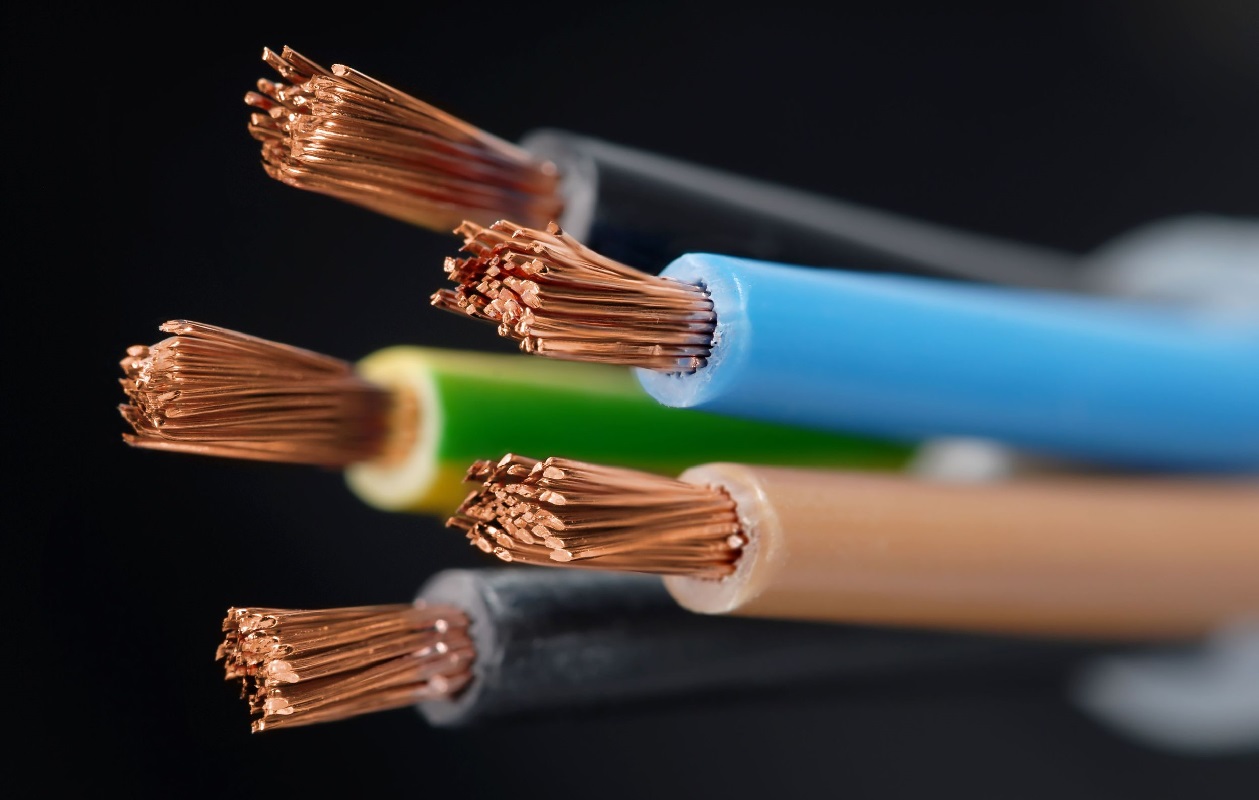
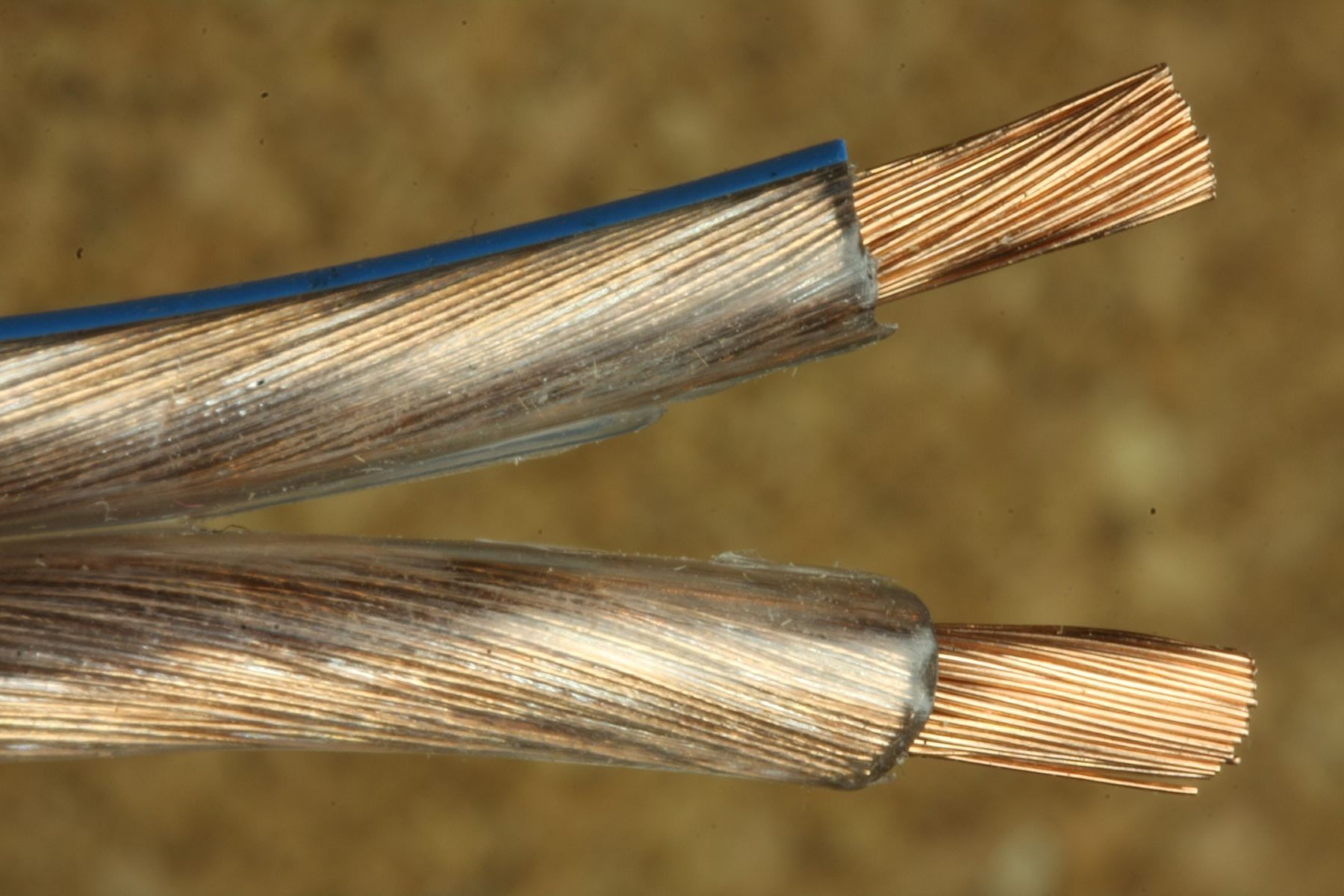
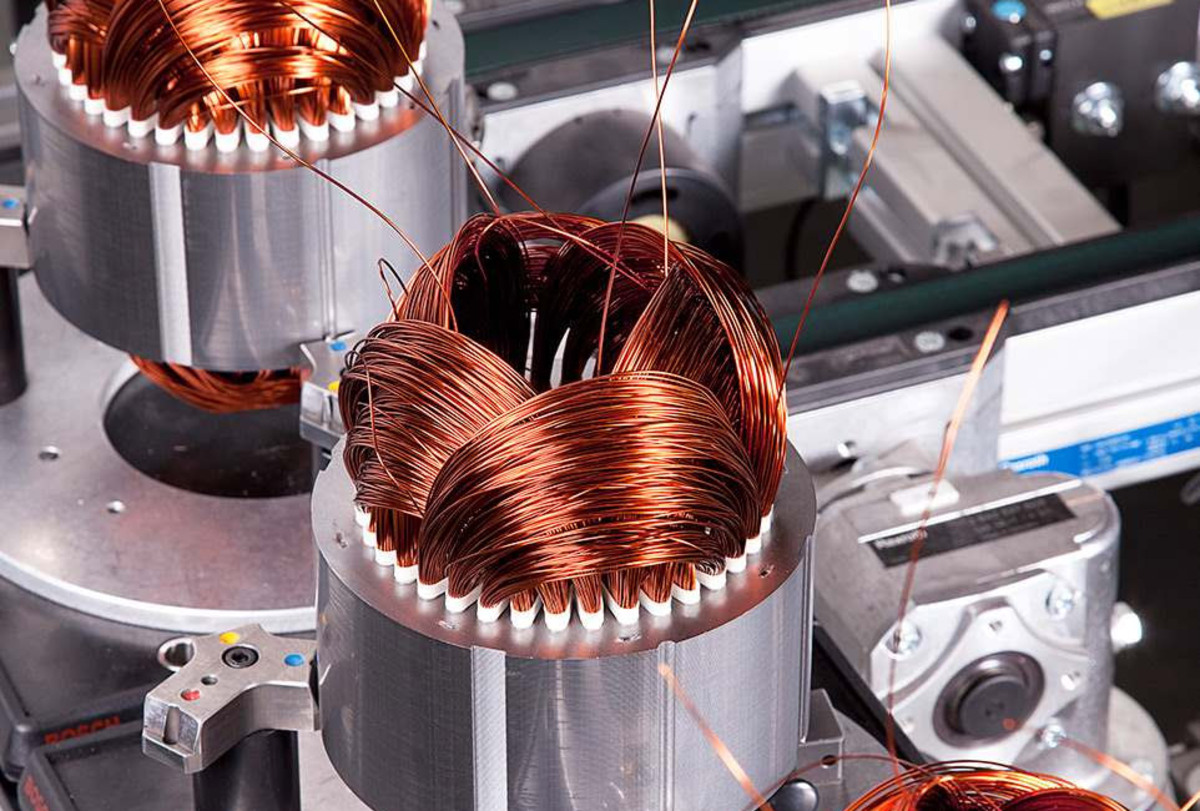
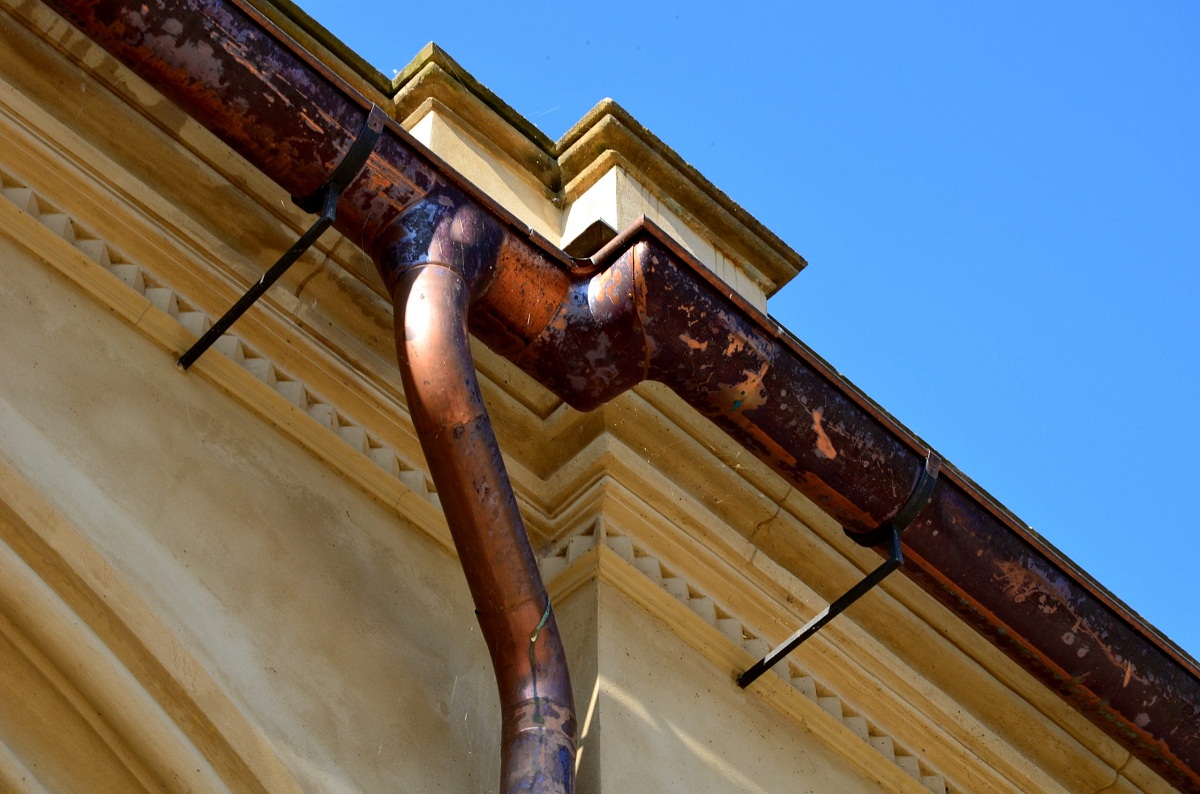

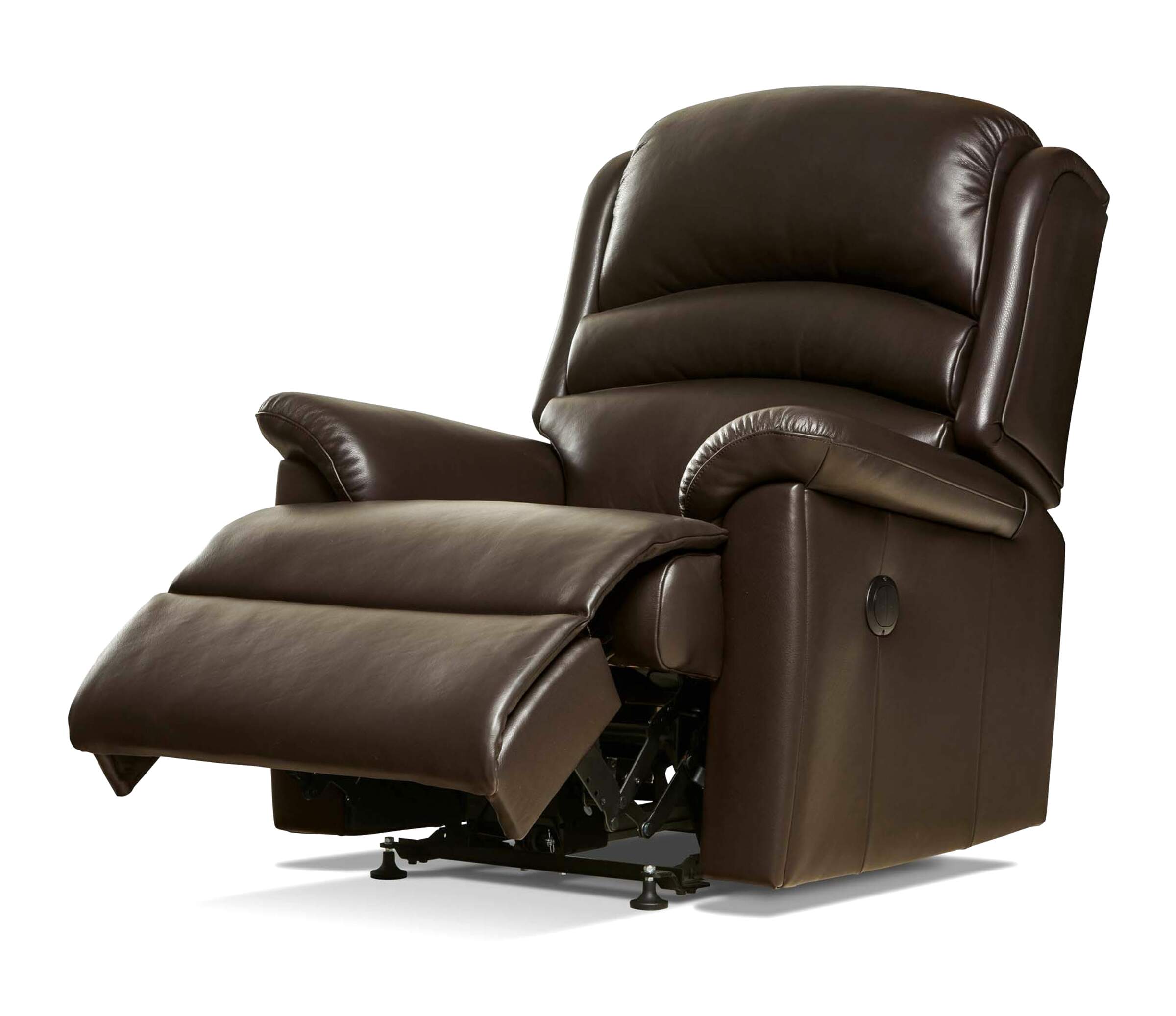
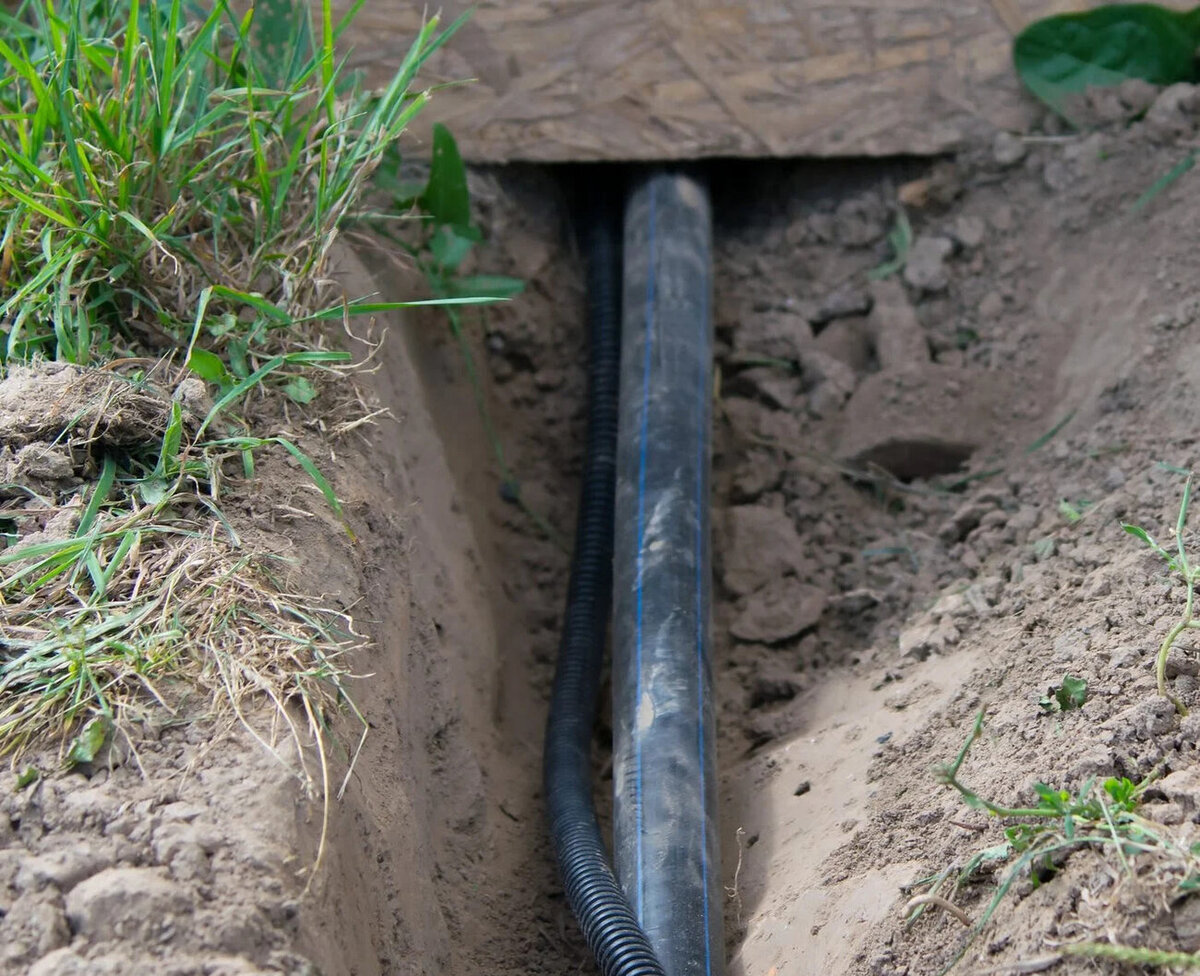
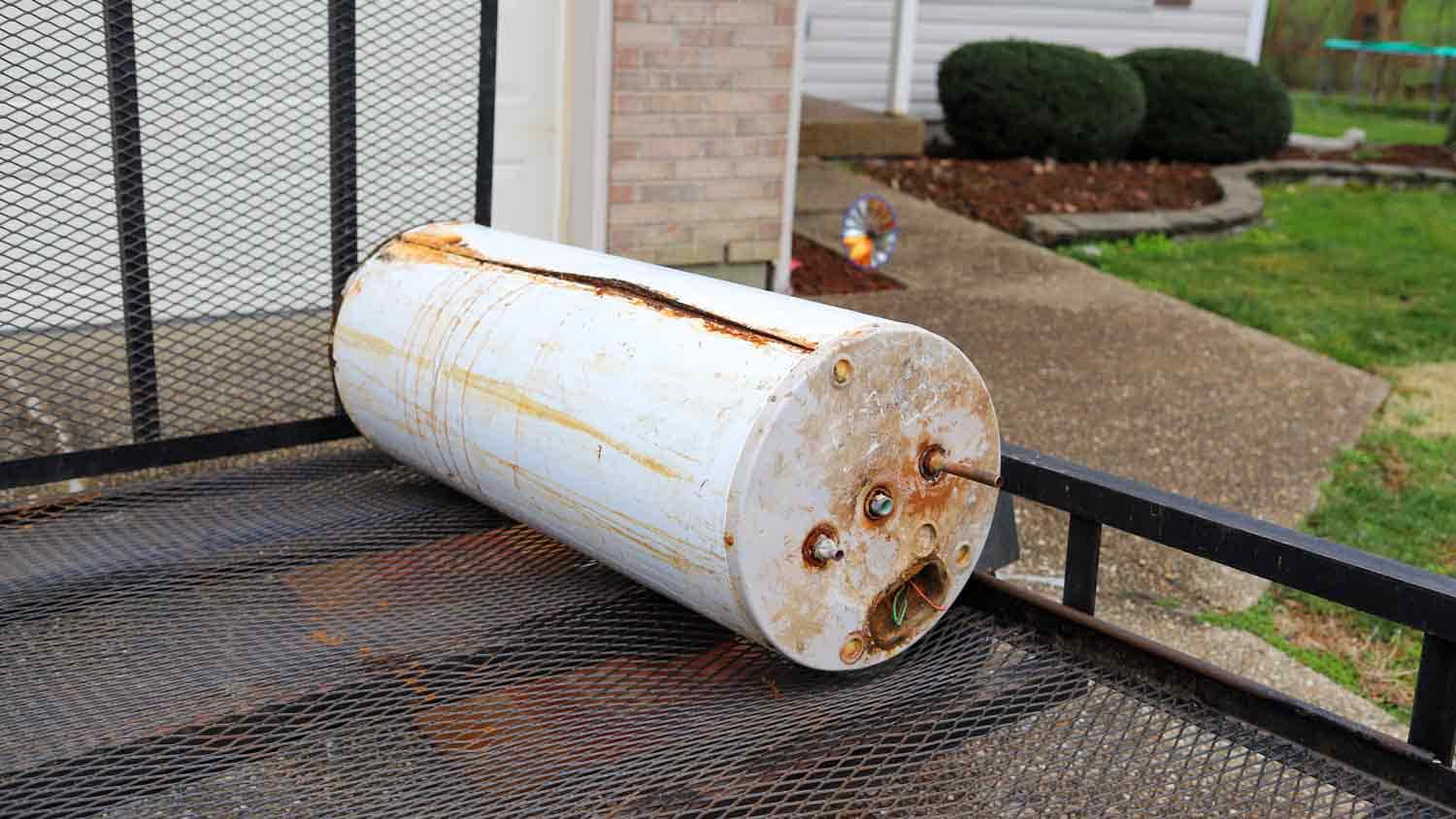
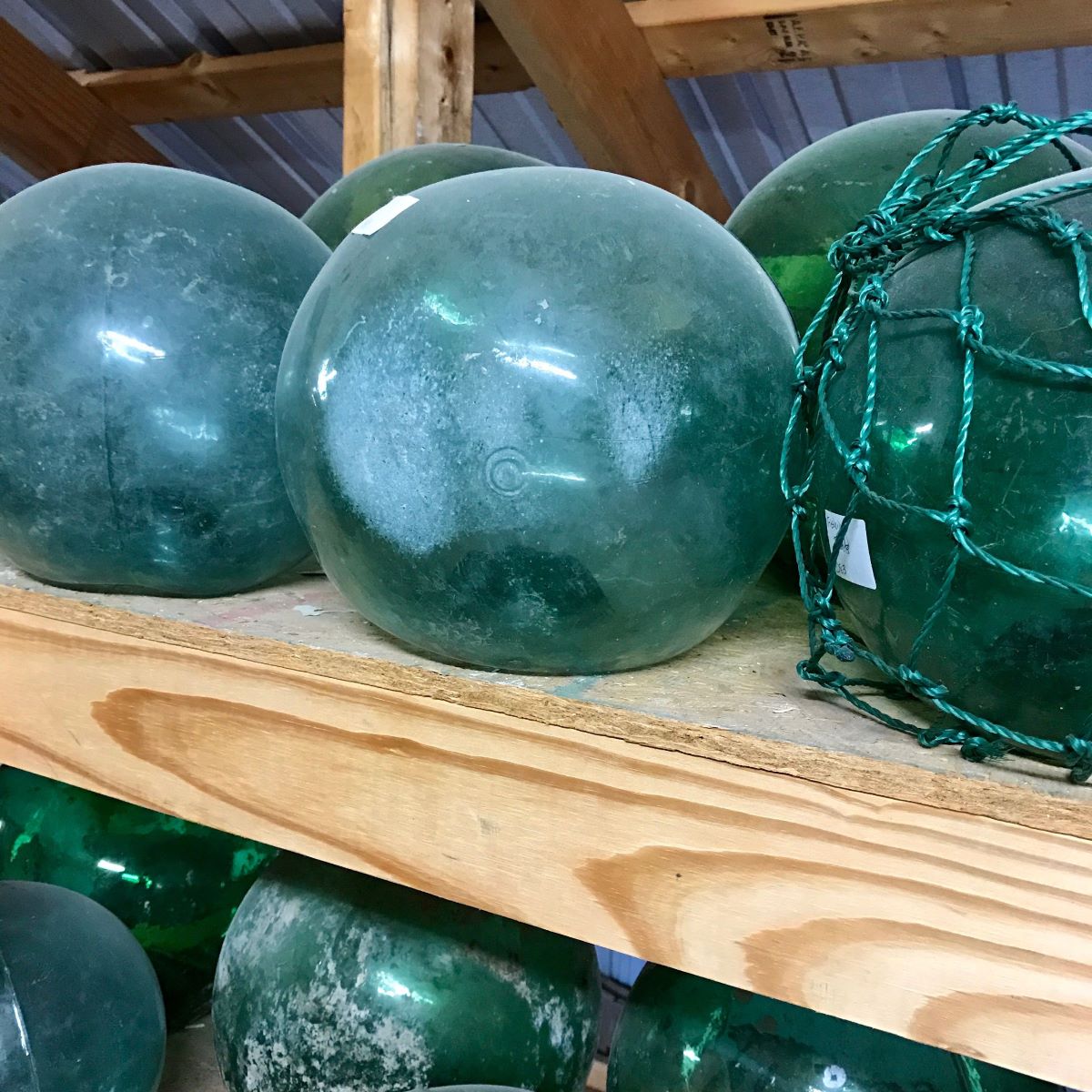
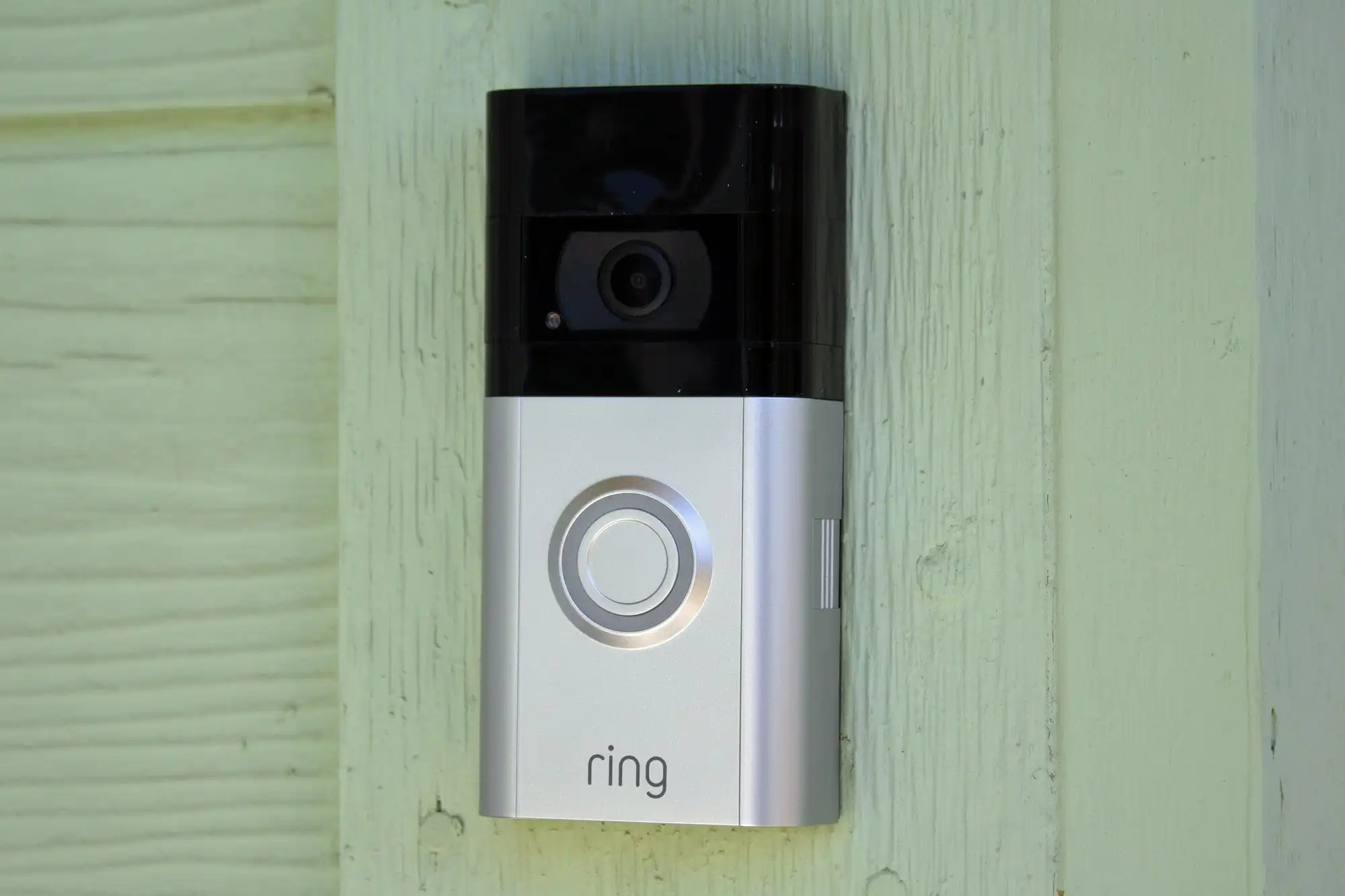
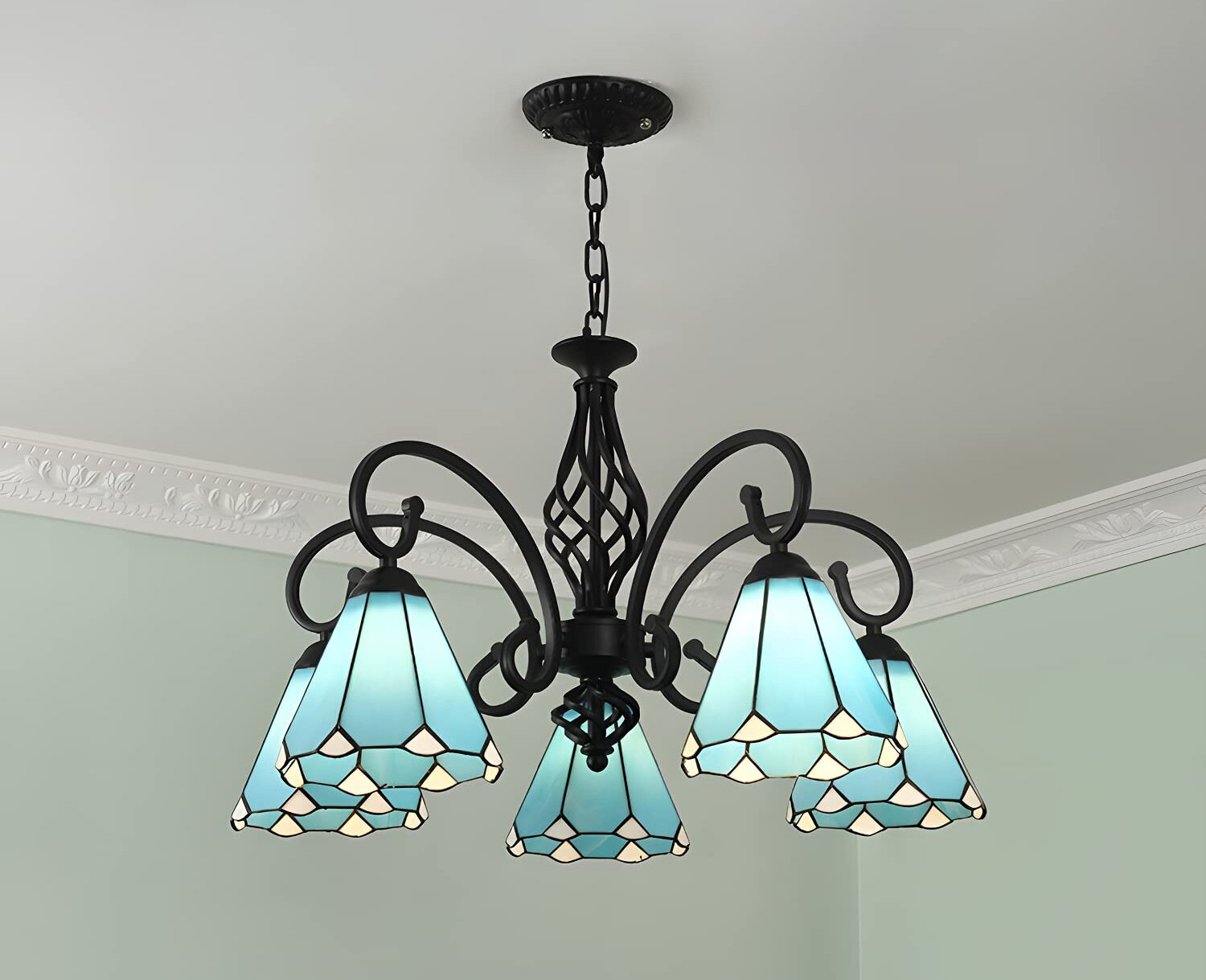
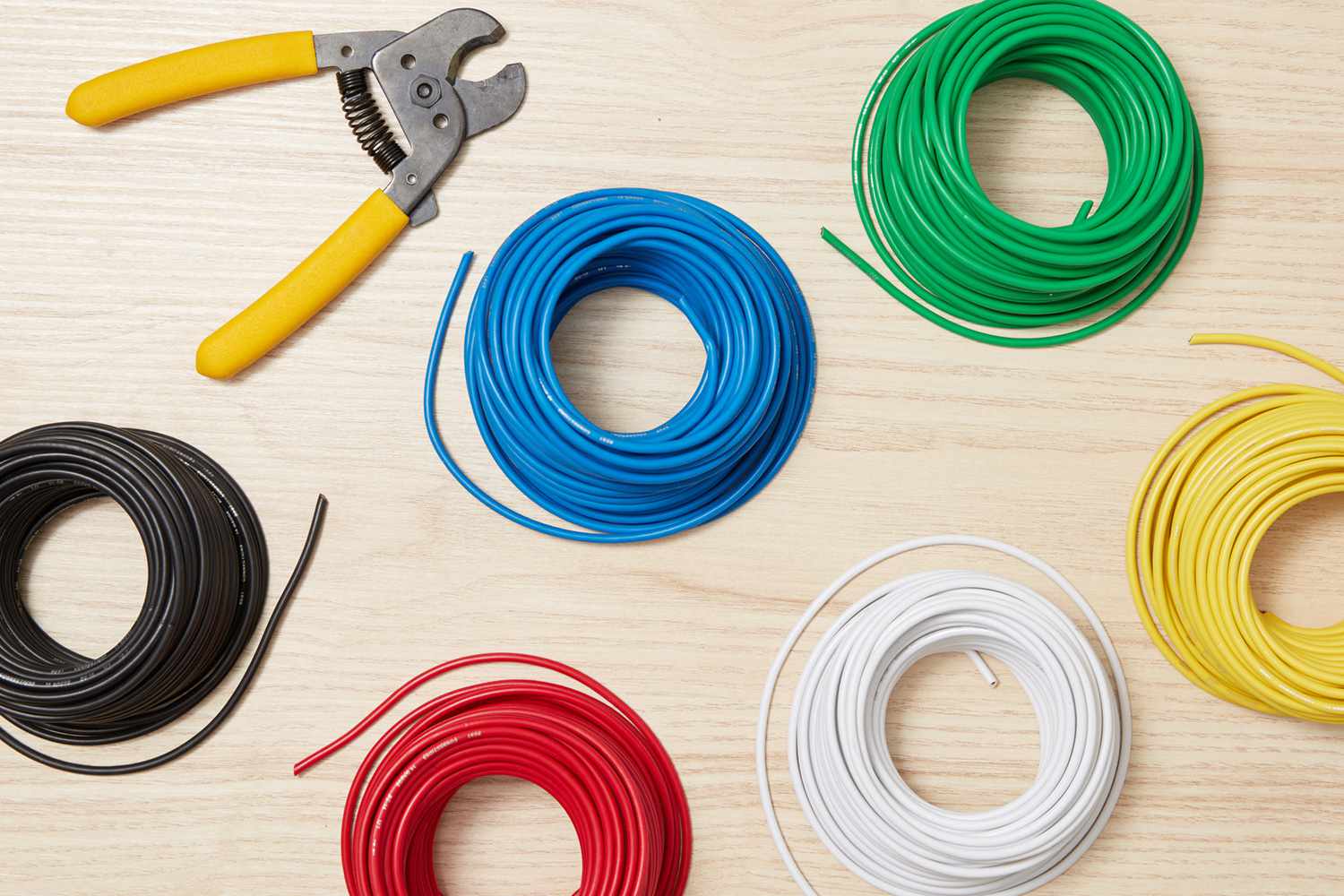
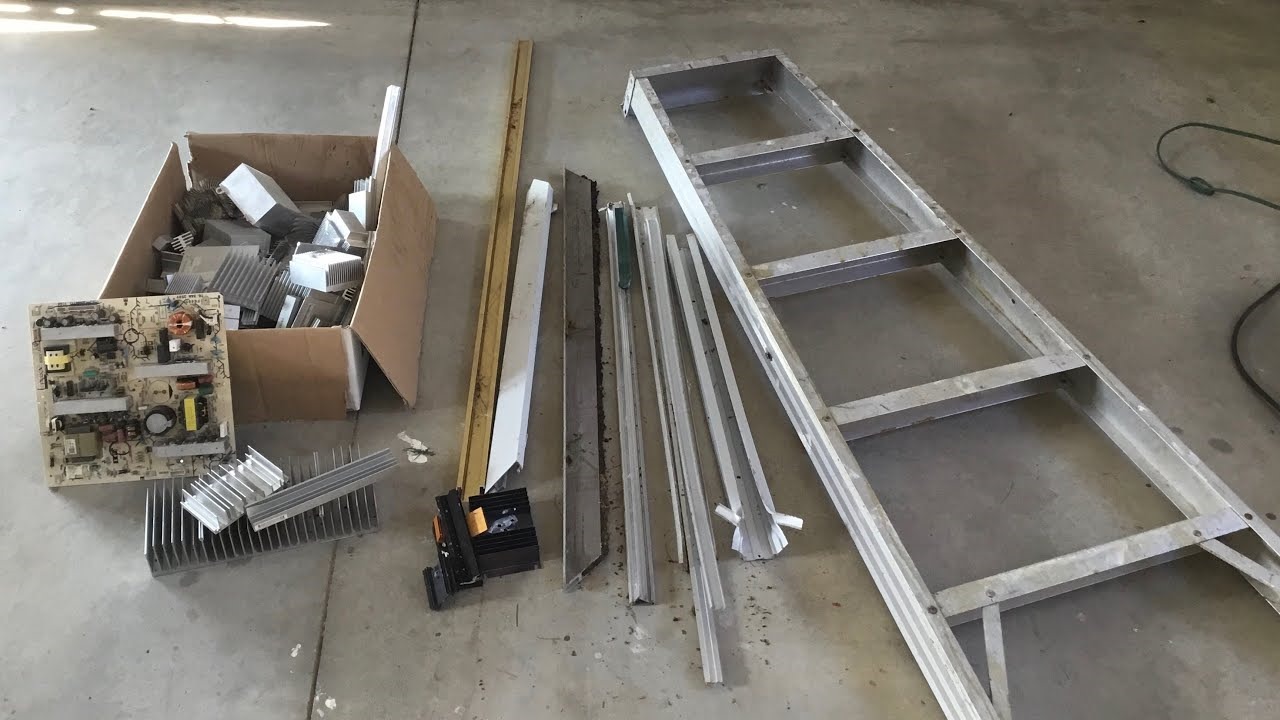
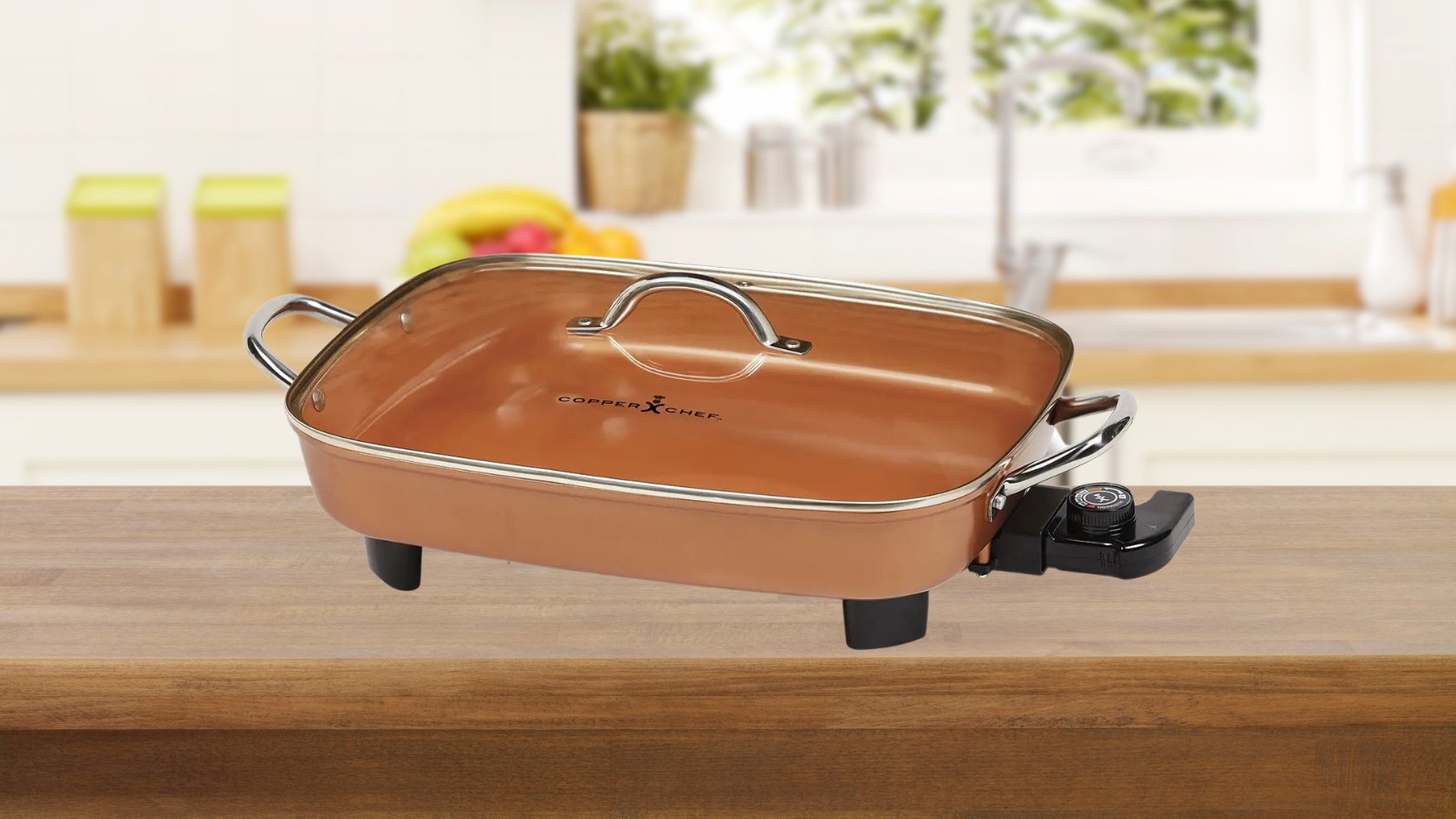

0 thoughts on “How Much Is Copper Electrical Wire Worth”